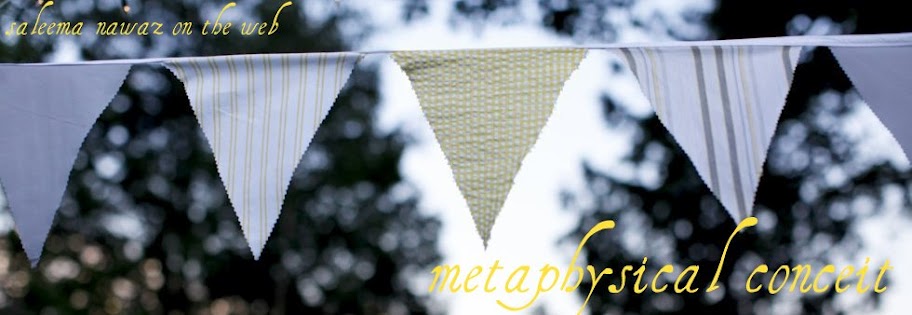I urge you to read the original post, but I am going to quote at length from it here about her excellent reasons for teaching new Canadian books, even when it makes her job as a professor (in terms of constantly redesigning her syllabi and lecture notes, etc.) harder:
- The books are never out of print.
- Pre-ordering books helps to let the publisher and the bookstore know that the titles are desired.
- The material is often quite relevant to students’ daily lives. This allows students to identify better with the settings, characters and scenarios.
- Authors are accessible, alive and often available to Skype into the classroom so that students can ask them questions directly.
- Student presentations are much better. Instead of Googling a biography and retyping a handful of academic quotes they have to read the whole book (they do complain about this).
- Student essays are much better. Their close reading skills really improve because that is all they have to rely on.
- Student confidence in their own readings improves. Because they don’t have to compete with the scholarly opinions of experts they learn that it is okay to rely on and develop faith in their own readings. This causes them to engage more deeply and so…
- Students get better marks. When they see this they start to appreciate the work they did.
- Students become more willing to take risks in thinking.
- Plagiarism is greatly reduced. In fact, because a brand new book is so unlikely to have essays on it in circulation, to plagiarize really means paying someone to create an essay. Far fewer students are willing to take this extra step as it requires more planning and seems somehow more actively dishonest.
- Canadian culture is reinforced as real and ongoing, lively, diverse and present.
- Book sales show up in a timely fashion for authors. Titles get circulating at a time when it is most beneficial. We all know that numbers have become incredibly important to the sale of future books and that there is some self-fulfilling prophesy there.
- I get to stay engaged with my peers in the writing community. I am giving them my support and staying on top of my field.
- I get to read all the books I wanted to anyway and call it work! Did I say that it is my dream job?
Isn't this amazing? I can say that as an aspiring writer in university, it was completely life-changing (and ambition-fueling) to read contemporary Canadian Literature in the classroom. One professor assigned Strange Heaven as an extra-credit assignment in an Atlantic Fiction course and mentioned how Lynn Coady had been a student in his classroom not that many years earlier. (And I felt affirmed, somehow, to hear that she was quiet in class, like me.) I can only imagine how much more galvanized I would have been if I had had the opportunity to meet or Skype in class with one of the writers whose work I had read and studied.
I also strongly agree that close reading develops crucial critical faculties. Education shouldn't be all about research and organizational skills, important as those are. When students begin grappling with texts on their own and developing their own arguments, learning becomes more profound and, I think, more rewarding. But Natalee has already covered all this more succinctly in her original post....
I also strongly agree that close reading develops crucial critical faculties. Education shouldn't be all about research and organizational skills, important as those are. When students begin grappling with texts on their own and developing their own arguments, learning becomes more profound and, I think, more rewarding. But Natalee has already covered all this more succinctly in her original post....
...so I'll just add that as a published writer, it has truly been a privilege to be invited into several classrooms where students have read and studied my work. The experience has been incredibly positive -- and instructive, too. Students actively engaged in trying to make sense of a text will ask very incisive questions. And of course it is intensely rewarding to know that students are reading and engaging with your work at that level. I might even go so far as to say there is almost nothing MORE rewarding for me as a writer. This is the kind of knowledge that gets you through the occasional long bad days of struggling to finish the next story or novel, slogging away at the day job unjamming another photocopier, or thinking about people with business degrees who make eight zillion times more money, etc.
So all of you wonderful, lovely, gorgeous Canadian Literature professors out there: please consider teaching brand-new CanLit!

1 comment:
So much yes! As a student taking a Victorian Lit class right now, and because the scholarly opinions are "experts", we are not even encouraged to form our own opinions. Just to "make connections" and "use examples".
Post a Comment